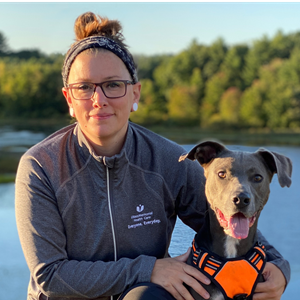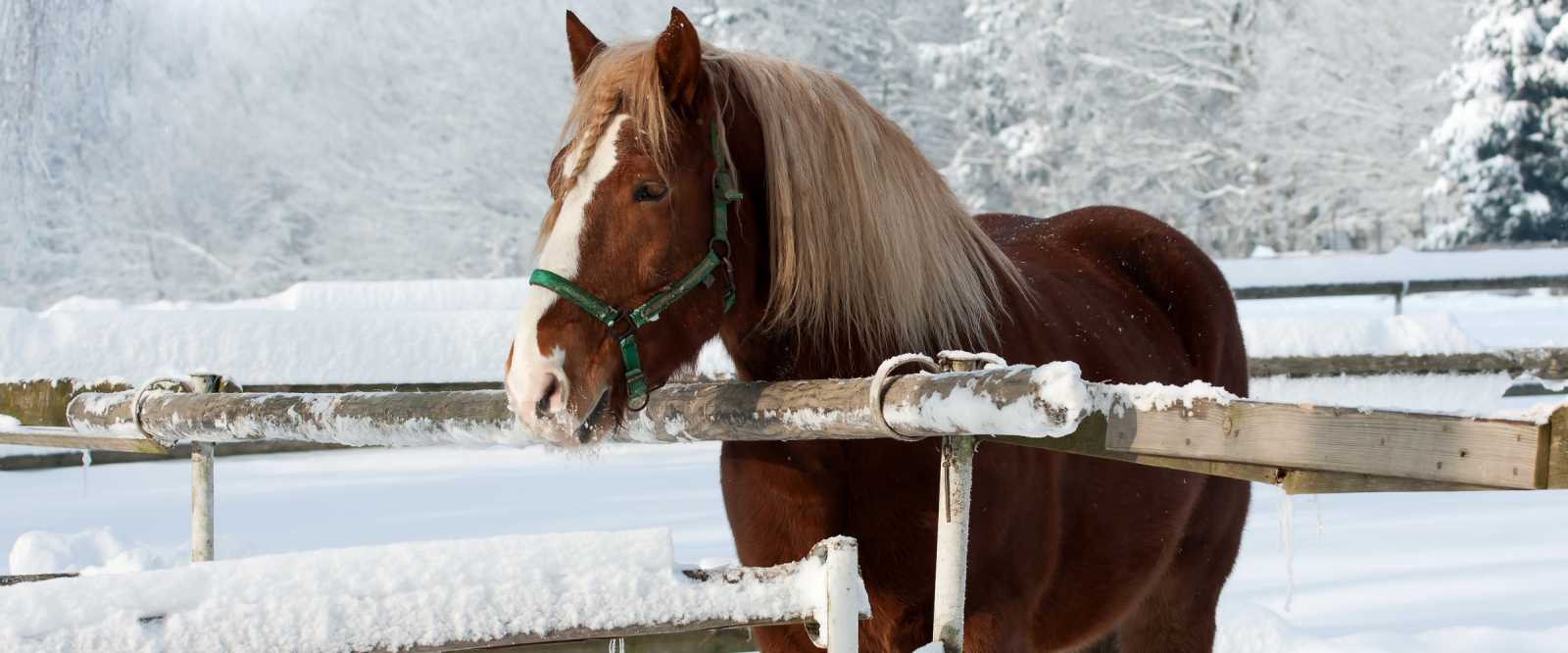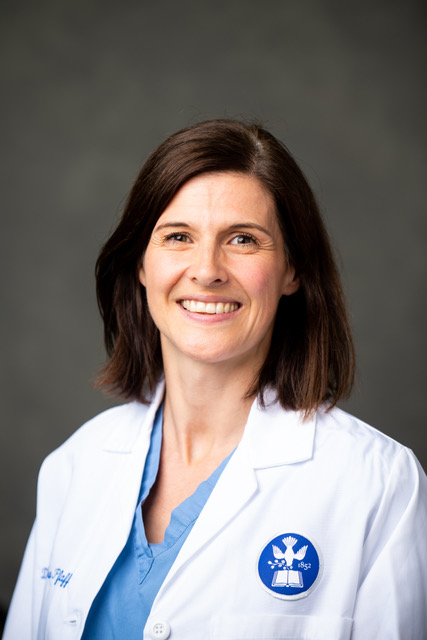MVMA Winter Break 2025 - On Demand Virtual CE
On demand virtual CE is back!
Still need CE credits? Catch up with five high-quality past MVMA events now available as pre-recorded sessions for NON-INTERACTIVE credit. Watch anytime through the end of December—on your schedule!
Please note: To verify participation and issue your CE certificate, you’ll need to complete a brief set of follow-up questions and return your responses to the MVMA office.
Important: If you already attended the live interactive version of a session previously you are NOT eligible to attend the recorded one for credit.
Paper Registration Form HERE
Session is approved for NON-INTERACTIVE credit towards MA veterinary licensure.
Check licensing provisions HERE
Topics to Include:
Fluid Stewardship in Small Animal Veterinary Medicine (3 CE)
Alexandra Pfaff, DVM, DACVECC
Original live date: January 28, 2024
This lecture will explain the concept and main principles of Fluid Stewardship. We will review the basics of fluid therapy and discuss the main components of a fluid prescription. During the second part of the event, we will explore newer questions and concepts of fluid therapy practice. Together, we will apply some of our new knowledge by writing fluid prescriptions for clinical cases.
MVMA/New England VMA Member Rate: $90
Non-Member Rate: $150
An Overview of Toxicities in Dogs and Cats (3 CE)
Adesola Odunayo DVM, MS, DACVECC
Original live date: February 4, 2024
This 3 hour session will focus on toxicities in small animal patients. The first hour will cover decontamination techniques while the next two hours will focus on managing common feline and canine toxicities.
MVMA/New England VMA Member Rate: $90
Non-Member Rate: $150
Equine Emergencies: Do more in the field (3 CE)
Vanessa Cook, VetMB, PhD, DACVS, DACVECC
Original live date: September 22, 2024
Wounds: Better or worse than they look?
Some wounds may look catastrophic but can be managed in the field and actually have a good prognosis. In other situations the wound may look insignificant but involves vital structures. Attendees will learn how to manage massive skin wounds, along with suture and immobilization techniques to promote repair. They will also learn techniques to identify if vital structures are involved which require more advanced intervention.
Complicated colics: Do more in the field.
Referral of complicated colic cases is not always an option. In this lecture attendees will learn how to implement advanced techniques such as enteral fluid therapy in lieu of IV, and trocharization to correct non strangulating lesions in the field.
Advanced Case Management: You can do it!
In this presentation a series of case examples will be used to illustrate management of advanced cases on the farm. Cases include massive hemorrhage, head wounds, head trauma, neonatal foals and neonatal resuscitation.
MVMA/New England VMA Member Rate: $90
Non-Member Rate: $150
Inherited Bleeding Disorders (3 CE)
Peter Christopherson, DVM, PhD, DACVP
Original live date: November 10, 2024
The three hour presentation will cover the clinical presentation, diagnostic findings, and genetic basis of various inherited hemostatic disorders and their genetic basis. These will include intrinsic platelet disorders, Von Willebrand Disease, and congenital coagulation factor disorders.
MVMA/New England VMA Member Rate: $90
Non-Member Rate: $150
Wildlife Rehabilitation (3 CE)
Robert Adamski BVMS, CWR
Original live date: December 8, 2024
Wildlife Rehabilitation Rules & Regs: This section will cover both Commonwealth of MA laws & regulations pertaining to the medical care of wildlife by licensed veterinarians in the Commonwealth of MA. It will cover precisely what is and is not permissible for veterinarians to do concerning emergency wildlife triage & care per the regulations as set forth by both the US Fish & Wildlife Service (USFWS) and the MA Department of Fisheries & Wildlife (MA DFW). It will dispel many of the myths and falsehoods surrounding this topic while providing practical and useful advice for companion-animal and large-animal practitioners who might be unfamiliar with this topic.
Common Wildlife-related Problems: This section will cover common injuries and illnesses that potentially could be encountered by veterinarians when dealing with wildlife emergencies posed by reptile, avian and mammalian species frequently encountered in the state. It will cover how to triage and provide stabilization care for such patients while providing a background & refresher information on the pathophysiology as well as basic treatment options while highlighting potential public health and workplace safety concerns. We will utilize a scenario-based format to enhance the interactive learning process.
How the "average" veterinarian can help wildlife: This session will provide the practitioner with real-world advice and recommendations on how they can incorporate wildlife into their busy practices with minimal disruption and cost. It will emphasize the concept that we are quite aware wildlife is not the primary concern of most veterinarians, however there are very useful and easy actions every veterinary practice can take that will help fulfill our oath as veterinarians to help the "prevention and relief of animal suffering... & the conservation of animal resources" which involve minimal effort, time and resources. One Health and public health goals can also be achieved when veterinarians across the Commonwealth of Massachusetts help wildlife by helping their local wildlife rehabilitator.
MVMA/New England VMA Member Rate: $90
Non-Member Rate: $150
Speakers
Alexandra Pfaff, DVM, DACVECC
Alexandra Pfaff is a veterinary criticalist who received her veterinary degree from the Ludwig Maximilian University in Munich, Germany in 2010. She worked in private practice before transitioning to Tufts Cummings School of Veterinary Medicine as a clinical assistant professor in 2019. Her research interest is in fluid therapy practice in small animals. She has created the first collaborative fluid stewardship team in veterinary medicine with the goal to develop guidelines, implement best practices and build a research program around fluid therapy and stewardship.
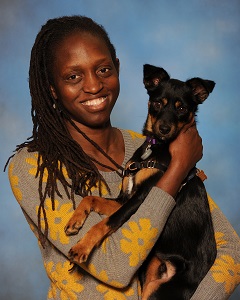
Adesola Odunayo DVM, MS, DACVECC
Adesola Odunayo is the Michael Schaer Distinguished Professor of Emergency and Critical Care at the University of Florida. She attended veterinary school at Oklahoma State University (2005) and completed a rotating internship at Hollywood Animal Hospital, Hollywood FL. She then completed an emergency and critical care internship at the Animal Emergency Center in Glendale, WI and a residency in emergency and critical care at the University of Missouri (2010). Her clinical interests are diverse but the absolute favorite part of her job is being by her patients’ bedside. She also enjoys research studies that answer practical clinical questions and has a focus in acid suppression and venous access. Outside of work, she is drawn to culinary adventures and traveling the world.
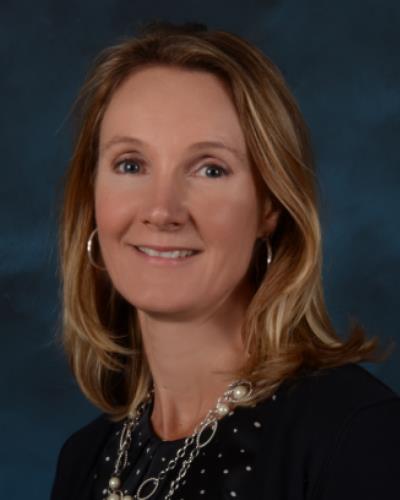
Vanessa Cook, VetMB, PhD, DACVS, DACVECC
Dr. Cook went to vet school in England at Cambridge University. She then moved to the United States to do a residency in equine surgery at the Ohio State University. Having obtained board certification in the American College of Veterinary Surgeons, she spent 4 years at the Marion DuPont Scott Equine Medical Center in Leesburg where she developed an interest in emergency case management. She then spent 4 years as a faculty member at Cornell University where she was in charge of the equine emergency service and obtained board certified in the American College of Veterinary Emergency and Critical Care. Her interest in colic led to her pursuing a PhD in gastrointestinal physiology at North Carolina State University that was supported by a fellowship from the Morris Animal Foundation. She then took a position as an Assistant, and then Associate Professor in large animal emergency and critical care at Michigan State University. Currently she splits her time between teaching the veterinary nursing program at the College of Southern Nevada, and training for triathlons in which she competes internationally for Team USA.
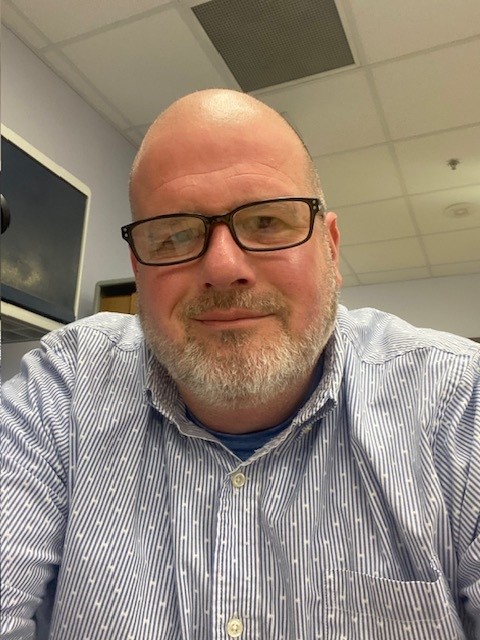
Peter Christopherson, DVM, PhD, DACVP
Dr. Pete Christopherson, Professor in the Department of Pathobiology, earned his DVM from the University of Wisconsin-Madison in 2001. He did a combined clinical pathology residency and graduate training program at Auburn University. Dr. Christopherson received board certification by American College of Veterinary Pathologists in 2007, and in 2008 he earned a PhD in the research of inherited bleeding disorders under the mentorship of Dr. Mary Boudreaux. Dr. Christopherson subsequently joined the faculty at Auburn University at the end of 2008, and currently serves as the director of the Auburn University Hemostasis & Clinical Pathology laboratories.

Robert Adamski BVMS, CWR
Robert Adamski holds a Bachelor of Science (BS) in biology from Delaware Valley College of Science & Agriculture, an associate degree in Science (AS) in veterinary technology from Harcum College, as well as a professional degree in Veterinary Medicine and Surgery (BVMS) from the University of Glasgow in Scotland. He is honored to serve as a consultant veterinarian for the two largest wildlife centers in Maine (e.g., Avian Haven in Freedom and Center for Wildlife in Cape Neddick) as well as the Vermont Institute of Natural Science. He has served as a volunteer American Red Cross CPR & first-aid instructor as well as a firefighter/paramedic for over 35+ years. He recently retired as a commissioned officer in the US Army Reserves Veterinary Corps after 23 years of honorable service. Currently, Rob serves as a board member and an instructor for the International Wildlife Rehabilitation Council (IWRC) & on the board of directors for the Wildlife Rehabilitators Association of Massachusetts (WRAM) that services all of New England.
For More Information:
